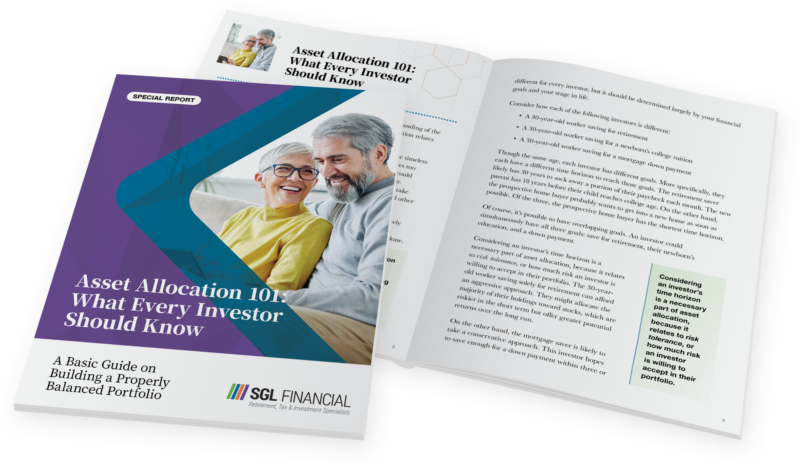The letters at the end of a professional’s name hold meaning. With the precious responsibility of managing your wealth, you should make sure that they fit the bill. The main designations and industry credentials include:
The terms financial advisor and financial planner are often interchangeable.
A financial advisor provides expertise for their clients’ decisions around money, personal finance, and investments. They may work as an independent agent or be employed by a larger financial advisory firm. Registered advisors are required to pass one or more exams and be properly licensed to execute business with clients.
Financial advisors provide direction, counsel, and make informed decisions on behalf of their clients, unlike stockbrokers who execute orders in the market. Financial advisors are paid based on a commission, fee, profit-percentage structure, or a combination.
CERTIFIED FINANCIAL PLANNER™ (CFP®): they commonly provide help with financial planning, taxes, insurance, retirement, and estate planning. A vital aspect in finding the right CFP® is to check that they have a fiduciary duty; this means they are required by legal oath to make decisions on behalf of their clients, with their best interests in mind. This also ensures there are no conflicts of interest.
Certified Estate Planner® (CEP®): If you forget to include an estate plan in your retirement planning process, something is missing, and a Certified Estate Planner can help. A CEP® creates long-term plans for assets and wealth and makes sure directives are transparent. Typically, their efforts include plans for intergenerational wealth transfers using trusts, wills, insurance and/or arrangements for philanthropic bequests.
Certified Public Accountant (CPA): A licensed accounting professional is not always found within financial planning firms, which is a huge perk. They can also perform income tax preparation, tax planning and tax savings strategies, auditing, managerial accounting, forensic accounting, and information technology.
Chartered Financial Analyst (CFA): is a certified financial analyst who passes three levels of exams covering economics, accounting, ethics, security analysis, investment analysis, and money management.
Chartered Financial Consultant (ChFC): studies financial education and applies practical experience. Their degree includes employee benefits planning and estate planning. CEUs are required to maintain this certification.
At SGL Financial, you have access to CEP®, CFP® and CPA professionals in-house, like a one-stop shop, to provide comprehensive financial services, tax planning, and preparation services. Not all financial advisors are fiduciaries, but all SGL Financial advisors are, and they will always have your best interests in mind at all times.





